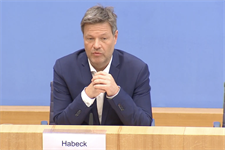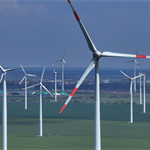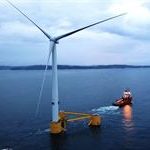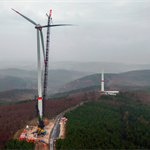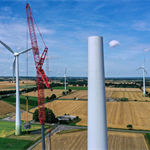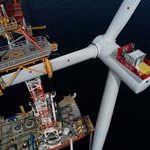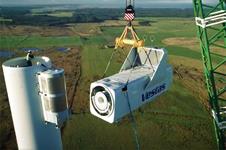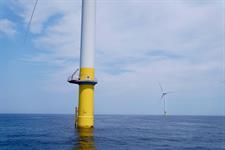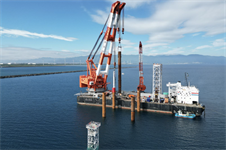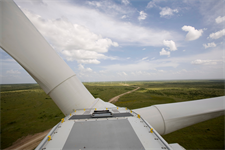Germany plans onshore and offshore wind boosts in Easter package
Energy Disrupter
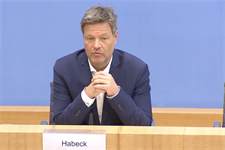
Germany is moving forward with plans to boost its onshore and offshore wind targets, prioritising renewable energy over other interests in a bid to boost national energy security.
Hailing it as “the largest energy policy amendment in decades”, the federal cabinet approved the measures in a so-called Easter Package (Osterpaket), pledging to amend energy laws to accelerate and promote renewables.
Germany wants renewables to meet 80% of electricity demand by 2030 – up from approximately 42% in 2021. To achieve this, it has set targets for at least 115GW of onshore wind by 2030 and at least 30GW for offshore wind, rising to 40GW by 2035 and 70GW by 2045.
Germany currently has 56.2GW of onshore wind and 7.7GW offshore, according to Windpower Intelligence, the research and data division of Windpower Monthly. The new onshore wind goal alone requires 10GW to be installed each year from 2025.
To enable this, the cabinet says it will streamline the permitting process, increase tender volumes and accelerate the build-out of grid and transmission infrastructure.
Industry bodies welcomed the package, although the German Wind Energy Association (BWE) warned the government must now deliver on its promises in future amendments to law and energy packages.
An additional legislative package to resolve obstacles to onshore wind, including permitting, is planned for this summer, the federal cabinet stated.
Energy minister Robert Habeck said the Easter Package will help wean Germany off Russian fossil fuels, boost the country’s energy security, and help combat the climate crisis.
Habeck said: “The Easter package is the accelerator for the expansion of renewable energies. We will almost double the share of renewable energy in gross electricity consumption within less than a decade. We are tripling the speed of renewable expansion – on water, on land and on the roof.”
He added: “In the future, renewable energies will be in the public interest and serve public safety. This is crucial for picking up the pace. Overall, with the Easter package we are creating the conditions for energy security and energy sovereignty in Germany. At the same time, it lays the foundations for Germany to become climate-neutral.”
BWE welcomed the package, but president Hermann Albers said: “It is now important – also against the background of the renewed volume of tenders and the faster increase in installed capacity – that the approval procedures in accordance with our demands for the so-called “summer package“ be accelerated as well.”
Albers called for the German government to help reduce permitting approval periods from an average of six years to six months and to specify areas for wind power development in the forthcoming summer package of measures.
Meanwhile, WindEurope CEO Giles Dickson said: “Jawohl, Germany! The Easter package is an outstanding package of measures that will drive the expansion of wind energy, both onshore and offshore: Big auction volumes; a clear long-term auction schedule; and crucially, major steps to simplify the permitting of wind farms – without which the targets would be purely academic. It’s a great example for the rest of Europe.”
The Easter package will now be forwarded to the German Bundestag, which must approve it for the measures to become law.

